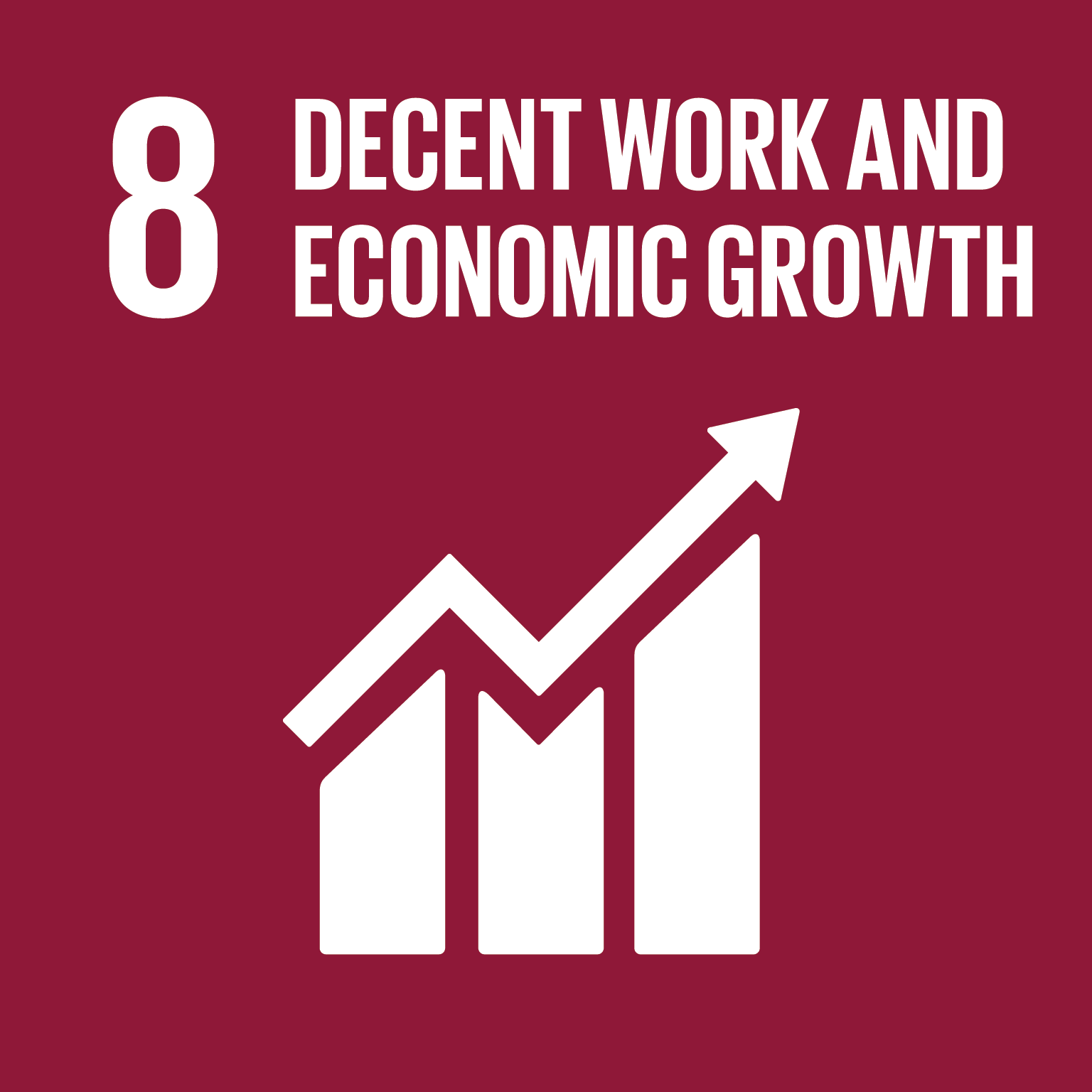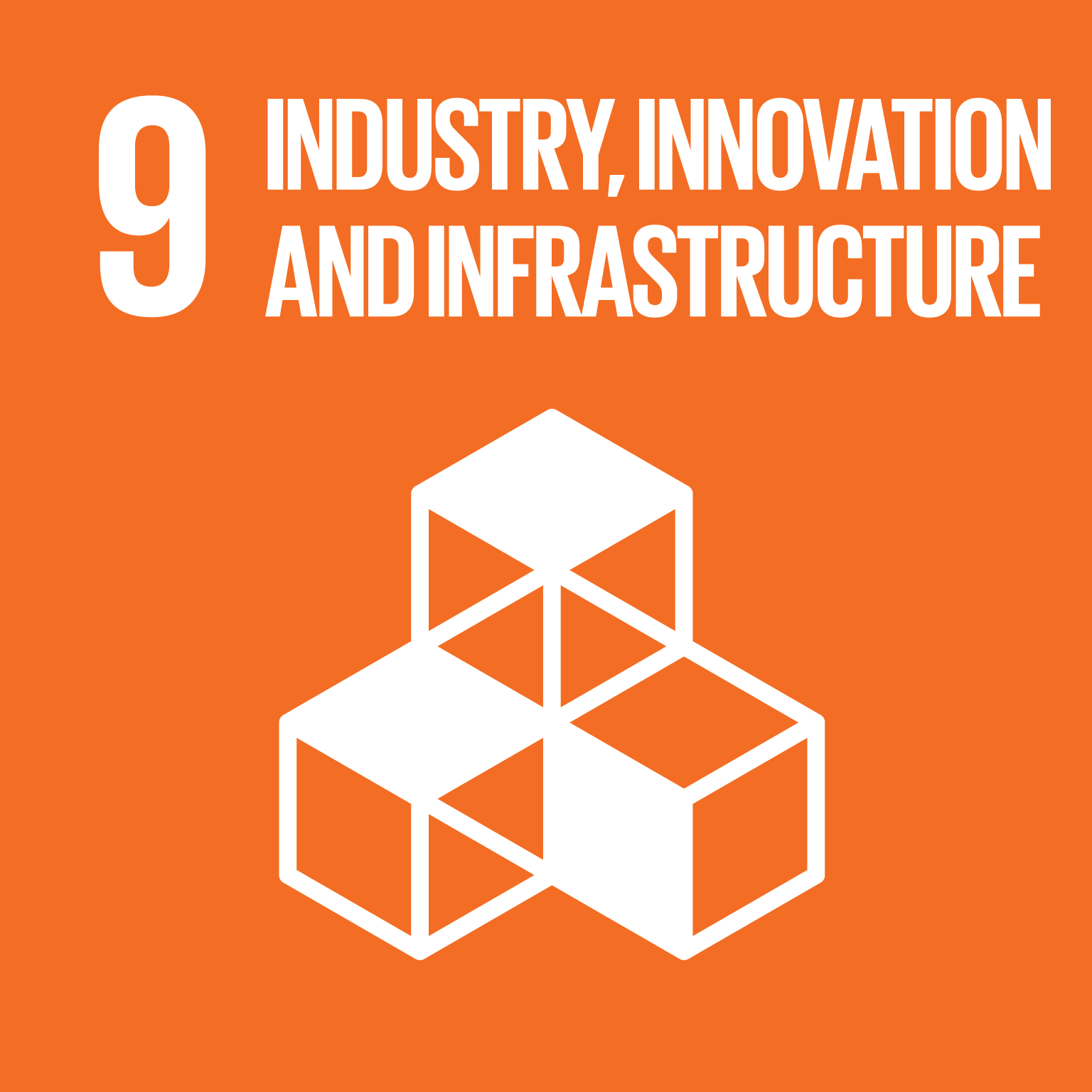This research group deals with topics as diverse as appropriate technology, industrial ecology, globalisation and the democratic management of innovation. It will cover knowledge generation, diffusion and uptake and actors in academia, the public and the private sectors, plus issues arising from civil society and hybrid organisations, on such matters as intellectual property rights, investment and educational policy. Papers with a critical perspective are especially encouraged, as are contributions from those whose “local knowledge” can stimulate thinking around the world.
The key aim of this research hub is to revolutionise citizen’s quality of life through the interdisciplinary application of artificial intelligence in real-life context from healthcare to business, education and other domains.
Objectives of this research hub are listed as below:
- Healthcare: investigate and develop AI-powered diagnostic artefacts to accurately identify and, potentially, predict diseases, which is very essential for life saving in case of cancer and certain cardiovascular diseases.
- Industry: automate and optimise industrial production processes to improve their outputs and produce high quality deliverables through utilising data analytics and machine learning techniques.
- Environment and Sustainability: develop artificial intelligence powered artefacts that can model, analyse, monitor and predict changes in our environments including urban, environmental, pollution, resources, societal, etc.
- Finance: build advanced intelligent solutions to provide a personalised financial advice for citizens and also predict/detect abnormal financial operations such as fraud transactions.
- Education: invent sophisticated artificial intelligence enabled solutions to personalise learning in a way that meet student needs for effective learning, peer grouping, feedback mechanisms, and assessment strategies.
- Transportation: innovate effective and efficient smart traffic management artefacts that contribute to effective use of fuel, congestion avoidance, road safety, better commuting time and comfort.
- Business and retail industry: develop artificial intelligence solutions to improve and maintain customer retention and experience which will leverage people’s lives and also create more revenue streams for industries.
- Cybersecurity: develop solutions powered with artificial intelligence techniques that aim to respond to cyber attacks in a very effective way in order to protect businesses, governments, and people data from being unethically exploited.




